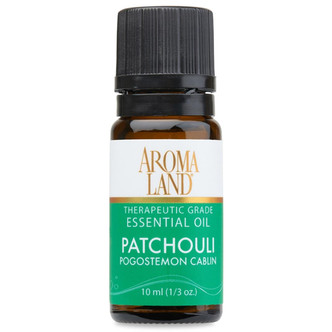SCENT DESCRIPTION
HOW TO USE
DELIVERY + RETURNS
CANDLE CARE
PRODUCT DETAILS
10 mL
Aroma: Woodsy-fresh, dry, masculine, and relaxing
Latin Name: Juniperus virginiana
Country of Origin: USA
Cultivation Method: Harvested from wild growing plants
Extraction Method: Steam distilled
Extracted From: Wood
Color: Clear
Perfumery Note: Middle / Top
Consistency: Liquid
Aromatherapy Properties: Warming and uplifting. Comforting and grounding. Considered an aphrodisiac and confidence building. Its aroma is long lasting, and acts as a fixative in aromatherapy blends.
Suggested Use: This essential oil is a favorite to use to keep moths away in closets or in a bug repellent recipe. Topically, it may help with aches, or for use with oily skin. Dilute in a carrier oil with topical use. Experts suggest diluting to 2% for healthy adults. This equals about 10 drops of essential oil per ounce of carrier oil, such as sweet almond oil. Dilute more heavily with sensitive skin.
What is the Difference between Cedarwood Virginia, Atlas Cedarwood, and Himalayan Cedarwood?
- Cedarwood Virginia is not a true cedar and belongs to the Juniperus genus. It has a very different chemistry with cedrenes and thujopsene as its key constituents. Its aroma is woodsy and dry
- Atlas cedarwood and Himalayan cedarwood are both true cedars, belonging to the Cedrus genus. These two essential oils have himachalenes as the main constituent. Himalayan also does contain about 14% beta-cedrene. Both the true cedars offer a more complex aroma profile than cedarwood Virginia. Atlas has mysterious smoky and spicy tone. Himalayan has a hint of earthy and pine-like notes.
History: The ancient Egyptians used cedarwood oil in various ways such as to embalm the deceased, and for cosmetics and perfumery. For generations, linen chests and clothes hangers have been crafted from this wood to keep moths out. Native Southwestern Americans have traditionally used cedarwood for muscle aches, respiratory congestion, and as a repellent.





















